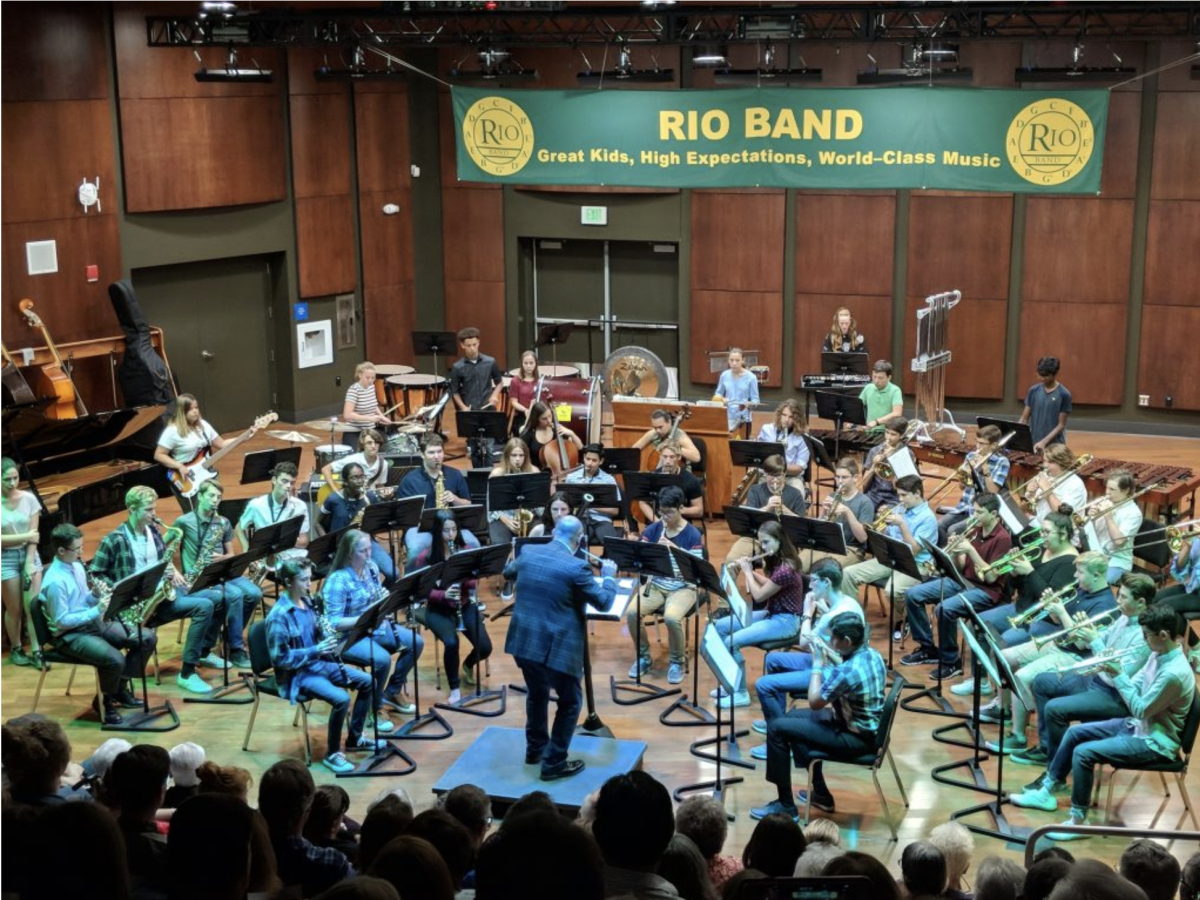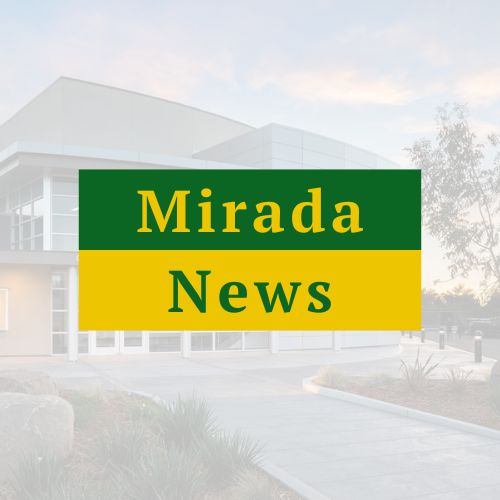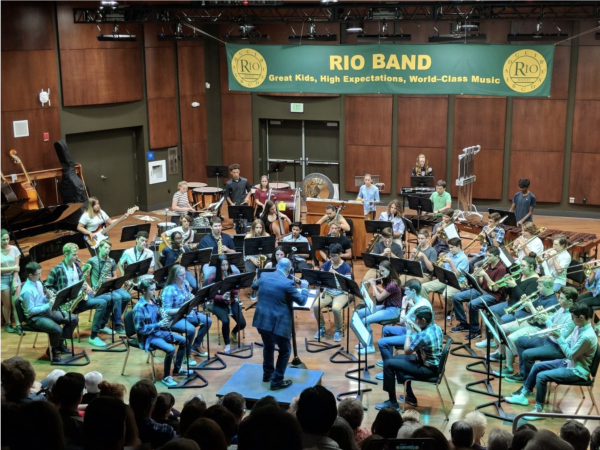Students Want Newsom to Focus on Health Care, Tuition
The Public Policy Institute of California, otherwise known as the PPIC, conducted a statewide survey asking adults and likely voters what issues they want to see Governor-Elect Gavin Newsom focus on throughout his term as Governor. Issues that were voted on were universal health coverage, tuition-free community college, universal preschool and the high speed rail.
Universal health coverage would allow for all citizens to have “the promotive, preventive, curative, rehabilitative and palliative health services they need, of sufficient quality to be effective, while also ensuring that the use of these services does not expose the user to financial hardship,” as stated by the World Health Organization.
Tuition-free community college provides the same idea as universal health coverage except in regards to education. Some California cities like San Francisco have already made community college for students with California residency and who live in San Francisco.
Not only are young adults being thought about in policy but also young children as seen with universal preschool which uses public funding to provide education in children’s early years.
The high speed rail would span from Sacramento down to San Diego with stops along the way. The project is set to be completed in 2033 and will cost the state $77 billion.
The survey found that the majority of both adults and likely voters say universal health coverage should be a high priority on Newsom’s list. Tuition-free community college came up as a high priority for 53 percent of adults and 47 percent of likely voters.
In conclusion, the survey discovered that the majority of Californians would like to prioritize universal health coverage and tuition-free community college and not the high speed rail which only a quarter of adults and 19 percent of likely voters thought to be most important.
To see if high school seniors reflected the same values that other voters and adults in California had, a similar survey was administered for students in English Reading Writing Composition (ERWC) classes as well as AP Literature classes.
70 students included in the survey voted on the same issues as the adults and other likely voters. Just as in the statewide survey, universal health coverage and tuition-free community college were the highest ranking priorities for students with 28 percent and 29 percent of the vote.
The future voters followed the statewide trend with their beliefs of universal preschool holding 23 percent of the vote and the high speed rail with 17 percent of students holding it as a top priority.
“Universal preschool is a priority because it helps develop and stimulate brains from a young age which helps evolve the future of humanity,” said Logan Duffy.
Students were also asked what they thought the biggest issue facing California was and what the state budget should go towards: jobs and the economy, the environment and pollution, housing costs and affordability, immigration, wildfires, and other.
Out of the 70 responses, most students thought the environment and pollution was the biggest issue with 19 votes. “While issues like immigration are very dire, we have a moral duty to protect our Earth,” said David Beilby, “at the end of the day, without our environment we have nothing.”
Close behind with 18 votes is housing costs and affordability. “California has become an extremely expensive state to live in, so we need more affordable housing,” said Claire Parker.
With the wildfires happening all around California 12 students voted it as a top spending priority like Max Di Perna who said they “happen often, kill lots of people, and cause lots of dollars in damage.”
Following wildfires as an important issue is the economy, then immigration, and lastly other issues. Matt St. Geme said he believes the states priority should be “to reduce government spending and bring an end to the welfare state.”
This small sample size of future voters displays the same goals and hopes as the larger population for the state of California in the years to come.




























